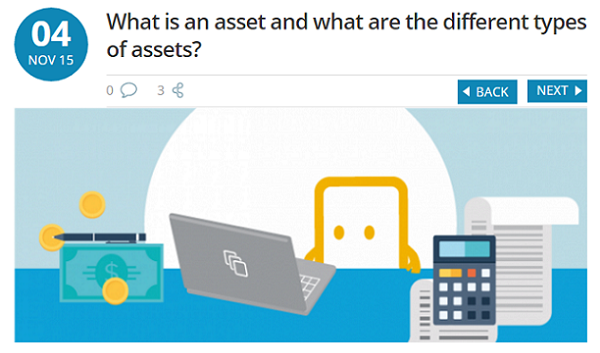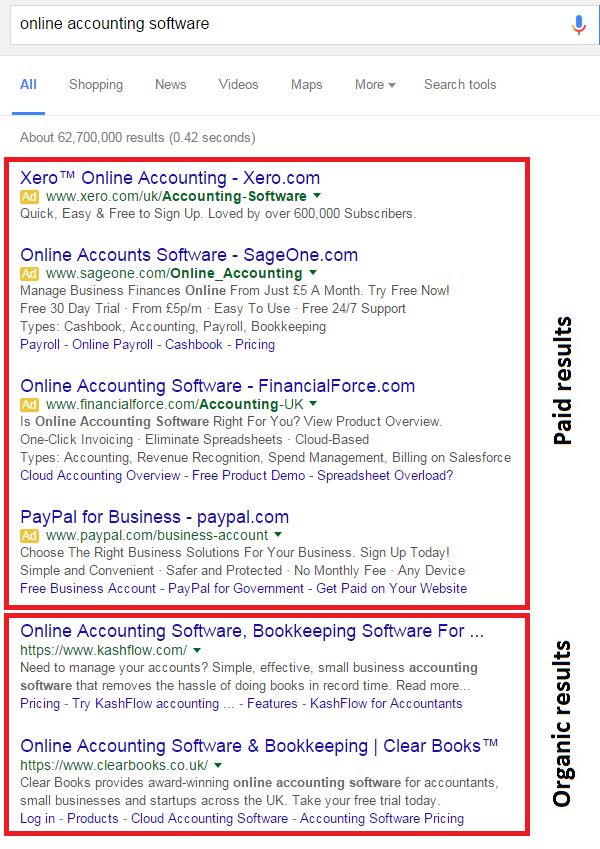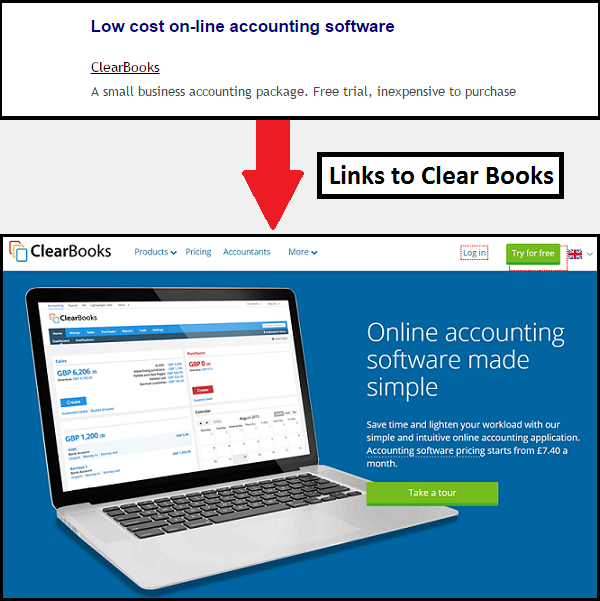SEO for beginners: How to improve your SEO
SEO is one of those things that people talk about all the time in connection to websites, but it so often seems to be such a technical topic that many people ignore it.
It’s actually simpler than you think … and can have huge ramifications for your business!
What is SEO, anyway?
Search Engine Optimisation (SEO) is the practice of taking steps to ensure that your website ranks as highly as possible on major search engines, like Google, Bing, or Yahoo. The higher a website is ranked, the closer it appears to the top of the list of search results that you get back when you type in words related to your business or industry. Ideally, you want your website to show up on the first Search Engine Results Page (SERP), because that means that people are much more likely to click on it. Just think about it — when is the last time you clicked on a website that wasn’t on the first page of results that came up?
So while it doesn’t mean that your business will fail without good SEO, it’s definitely something you should consider when you’re competing with other businesses online. Businesses that have good SEO will more likely to get the business that you should have been getting. Their product might not be as good as yours, but if they’re enticing the audience online to click on their search results, they’re more likely to succeed.
How does it work?
There are two main ways that you can get your website to rank highly like that: with organic results (which you don’t pay for) or with paid results (which are ads that you pay for).
We’re going to focus on organic SEO and give you some best practices for increasing your online visibility for free.
As far as organic content goes, search engines use complex algorithms to determine where your page should rank. They have criteria that they look for in every page, including how interesting, unique, and authoritative your page is. They then use robots (also called spiders) to scan your page and see how well it fits these criteria. The better it fits — the more it seems like people searching for a particular term would be benefited by your page — the higher your page will rank.
SEO Best Practices
So how can you show search engines that your page fits their criteria? You follow practices like:
1. Optimising your meta data with keywords
Sounds jargony, but what it actually means is that you think about the types of words and phrases that people would use when searching for something like your webpage.

For instance, if you run a florist shop in Kensington, then “Kensington florist” would be a keyword that people would likely use when searching for a business of your kind. Similarly, if you’ve published a blog post on how to do Forex trading, then “Forex trading tips” might be a relevant keyword.
When you include these words in the meta data of your page — which includes the title tags, the meta description, the image alt attributes, and the header tags — you make it easier for search engines to categorise your content and see its value, which means that you’ll likely rank more highly.
2. Link building
Link building is the process of getting other websites that are relevant to your niche to link to your website. For instance, we at Clear Books could try to get a website that talks about useful accounting software to link to us. This type of link is called a backlink. The more backlinks you have, the more highly your website will likely rank — the logic goes that other people would mainly be linking to your website because it’s interesting and relevant.
3. Content creation
Since search engines are looking for sites with unique, interesting content, the more useful content you create the better. It’s important to write content regularly, but also to make sure that you’re not just writing content for its own sake. You want each piece to be unique and interesting to your target audience, because then they’ll be more likely to share it. The more it’s shared, the more interesting search engines consider it to be, and the higher it will rank.

Mistakes to Avoid
The main pitfall of SEO is using things called black hat SEO strategies. These are strategies that violate search engine guidelines, and websites that use them are more likely to be penalised (to have their rank lowered) or taken off of Google completely, so avoid them!
Some of the most common black hat SEO techniques include:
1. Keyword stuffing
This is the practice of overusing keywords on your page, in your meta data, or in the content itself to try to rank better for that particular keyword. We’ve all seen posts like that — the language is awkward, and the topic word seems to be used in every single sentence.
If search engines think that you’re stuffing keywords unnecessarily into your page, they can ban you temporarily or permanently. It’s very easy to avoid this though: just make sure that your content flows; you’ll naturally end up incorporating important keywords. And of course, make sure that your content is written with an actual human audience in mind — don’t just write posts for the sake of your search engine rankings.
2. Doorway pages
These are pages that are created specifically to rank highly for specific search queries, and specifically for search engines and not humans. A lot of times, these pages are programmed to redirect the person to another page as soon as they click on it, or they just contain a link to the page that the person actually wants. This is a clear breach of Google guidelines, and it can get your website penalised.
3. Link farming
Some websites are created specifically to collect links to increase the popularity of other websites. (Remember backlinking?) Most of the time, the links on these pages won’t be relevant to your website, will contain negative words or phrases, and will be low quality. So make sure that you only link with websites that are in your niche, are relevant to the services you’re offering, and aren’t linked to hundreds of dodgy looking links.
Should you hire someone to do your SEO?
SEO is a specialised area, which is why many businesses hire a person or a team to take care of it for them. But that being said, you can learn the basics of SEO pretty easily, so you don’t absolutely have to hire someone. Ultimately, you need to think of how valuable your time is and whether or not you want to sacrifice that time to learn and do SEO from the other areas of your business. It can be time consuming, especially at first, and it might take a while for you to master it, so consider what’s going to work best for your situation.
First Steps
If you choose not to hire an SEO adviser, there are still loads of things you can do to improve your SEO by yourself. Some of the best ones are to:
1. Publish content every day, if you can, but publish it according to a consistent schedule regardless.
It’s better to consistently publish once a week for months on end than to publish every day for a month, then nothing for two months, then another month of daily content.
2. Network with vendors and partners to increase your backlinks
This can be as simple as asking a partner or a vendor to link to you, or you can do more complicated things, like having a partner interview you and then link back to you in the interview post.
3. Start an online SEO course
It’s really not difficult to get to grips with the basics of SEO — it just takes a little time.
4. Curate your social media presence
Even simple things like making sure that you have a social media profile for your business across multiple platforms, or making sure that big keywords related to your industry are showing up on your pages and profiles can make a big difference.
5. Guest blog
Look for opportunities to guest blog on websites within your niche. It’s a great way to improve your SEO, not to mention that you can really raise your business’s profile if you can guest blog for well known industry sites.
Remember:
- SEO is what makes your website rank highly in search engine results. The higher your rank, the easier it is for people to find you, and the more likely it is that they’ll become customers.
- To improve your SEO rankings for free, use keywords in your meta data, link build, and create content regularly.
- Avoid black hat SEO practices like keyword stuffing, doorway pages, and link farming.
- It can be a good idea to hire someone to do your SEO, but you can also get started by yourself really easily.
- Consistency, uniqueness, relevance, and interest are the most important criteria search engines consider. Write for humans, not search engines!



